“Spiritual abuse doesn’t always look like fire and brimstone. Sometimes it sounds like a soft ‘no’ wrapped in a smile. Sometimes it’s a door that never opens, a body that’s never heard, or a voice that’s never invited to speak.”
Part One: The Boy Who Asked to Go
He was six when it first happened.
The church was small, the kind where reverence meant stillness and obedience meant silence. He raised his hand and whispered to the usher that he needed to go to the washroom. “Just hold it,” came the reply. “The pastor is almost done.”
So he tried.
The heat of shame arrived before the wetness. He sat frozen, urine pooling around him on the wooden pew. No one said anything. But everything was said in the silence. The usher didn’t look at him. His parents didn’t speak of it on the way home. He never forgot.
It happened again a few years later. This time, he didn’t even ask. The part of him that once trusted adults to help was already retreating. By the time he was twelve, he could sit through a two-hour sermon without flinching. By the time he was twenty, he could sit through anything.
As an adult, he began to notice other patterns: how often he ignored hunger cues, emotional needs, or exhaustion. His body had become an inconvenience. The shame of childhood accidents had turned into bladder infections in adulthood.
It wasn’t until his Self-Led recovery journey that he finally met the little boy who wet his pants in that pew—still holding in his fear, still convinced that needing anything made him bad. Through parts work, he slowly learned to listen. To unblend from the protector who said, “Just wait a little longer.” To hear the exile who said, “I’m scared to be seen needing help.”
And to find that in his core, he was good. Not because he was silent. Not because he was strong. But because he was human.
Part Two: The Woman With the Call
She had the education, the vision, the experience. The program she proposed for her church had a clear purpose and strong theology. She’d already done the work. She was ready.
But they weren’t ready for her.
“We just think it would be better to hire a man to get it started,” one elder said. “You’d still be involved, of course. Maybe as a volunteer.”
A volunteer.
She had labored under this roof for years—leading youth, organizing outreach, teaching Sunday school. She had been called, trained, and equipped. And now, in her mid-20s, the doors of opportunity were gently but firmly closed. Not because she was unqualified. But because she wasn’t male.
She went home that night and cried on her apartment floor. A part of her wanted to leave the church forever. Another part felt guilty even for being angry.
It would take years for her to name what happened: spiritual gaslighting. The message she internalized was: “Your gifts don’t belong here.” That message metastasized into hopelessness and deep self-doubt.
In her recovery, she learned to listen to the young woman who still felt small in church meetings. She discovered that her anger was sacred—a signal that something true had been dishonored. Her leadership gifts never left her. They had just gone underground.
And when she finally led again—from a space that welcomed all of her parts—she no longer needed the validation of the institutions that had once rejected her.
When the Church Taught Us to Mistrust Ourselves
Both of these stories reveal a deep wound: the moment when spiritual authority was misused in a way that caused lasting harm.
In IFS language, we could say both individuals developed protector parts to manage their pain—one by denying the needs of the body, the other by suppressing the voice of leadership. Beneath both were exiles holding shame, grief, and confusion.
But when those parts are met with compassion, curiosity, and courage, something begins to shift.
They start to realize:
“My needs are not wrong.”
“My voice is not too much.”
“The problem wasn’t my body or my call—it was the system that couldn’t hold them.”
You are good to the core.
Even when someone told you otherwise in God’s name.
Especially then.
If you’re doing this healing work, or just beginning to name what happened, Self-Led Recovery offers a path back—not to the institution, but to yourself.
You don’t have to carry the silence, the shame, or the sorrow alone.
Pop-Up Peer Support Meeting — Good to the Core
Tonight, Friday April 18 | 7:30pm ET
On this Good Friday, we’re offering a special space of support for anyone who has experienced spiritual abuse or religious trauma.
Theme: Good to the Core
Inspired by Holy Hurt by Hillary McBride, this meeting will center on reconnecting with the deep, good core of who we are—especially when systems of faith have made us question it.
We’ll begin with the Core State meditation from McBride’s new book, followed by a brief reading. The rest of our time will be held gently as an open space for peer sharing, reflection, and support.
Whether you come to listen, share, or simply be present, all parts of you are welcome here.
🕰️ 7:30pm Eastern Time
📍Zoom link: https://us06web.zoom.us/j/89327878936?pwd=0xQRHxNZJ1olw0La8baKJwpzhuJzFh.1
📖 No experience with IFS needed
Come as you are. You don’t have to carry it alone.
Two Self-Lead Courses Starting in May
Want to live with more clarity, purpose, and intention? (some spots still left)
Self-Led Life Design begins this May with a small cohort of 8–10 people. This 4-month journey (May to August) supports you in moving from recovery into design—crafting a life that reflects your deepest values, gifts, and emerging direction.
What you'll experience:
Weekly Zoom cohort meetings rooted in the 4 Pillars of Self-Led Life Design
IFS-informed coaching tools for aligning with your authentic Self
Exercises for visioning, goal setting, and inner obstacle mapping
Creative prompts, guided audio, and a step-by-step workbook
Support from a small, committed group exploring the same path
Come design your next chapter with intention, apply today at www.self-ledlifedesign.com
Ready to begin your healing journey with Self-Led Recovery? (almost full)
If this story stirred something in you, we invite you to join the upcoming cohort of Self-Led Recovery, beginning this May. This small group experience—limited to just 8–10 participants—offers a 4-month guided journey (May to August) grounded in the Internal Family Systems (IFS) model.
Each week, you'll receive:
Weekly Zoom cohort meetings facilitated by Brandon
Story-based prompts and guided journaling
Tools to map and befriend your protective and wounded parts
Practices like PAUSE, the 6Fs, and parts check-ins
A trauma-informed container that supports healing at your pace
This is for anyone seeking more than coping—it's for those ready to reconnect with their true Self. Apply today at www.self-ledrecovery.com

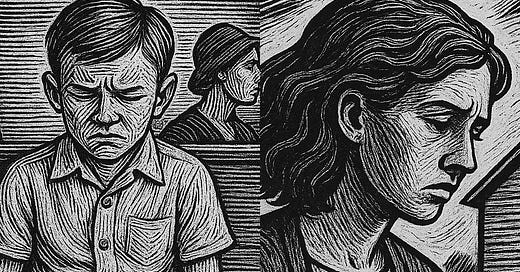



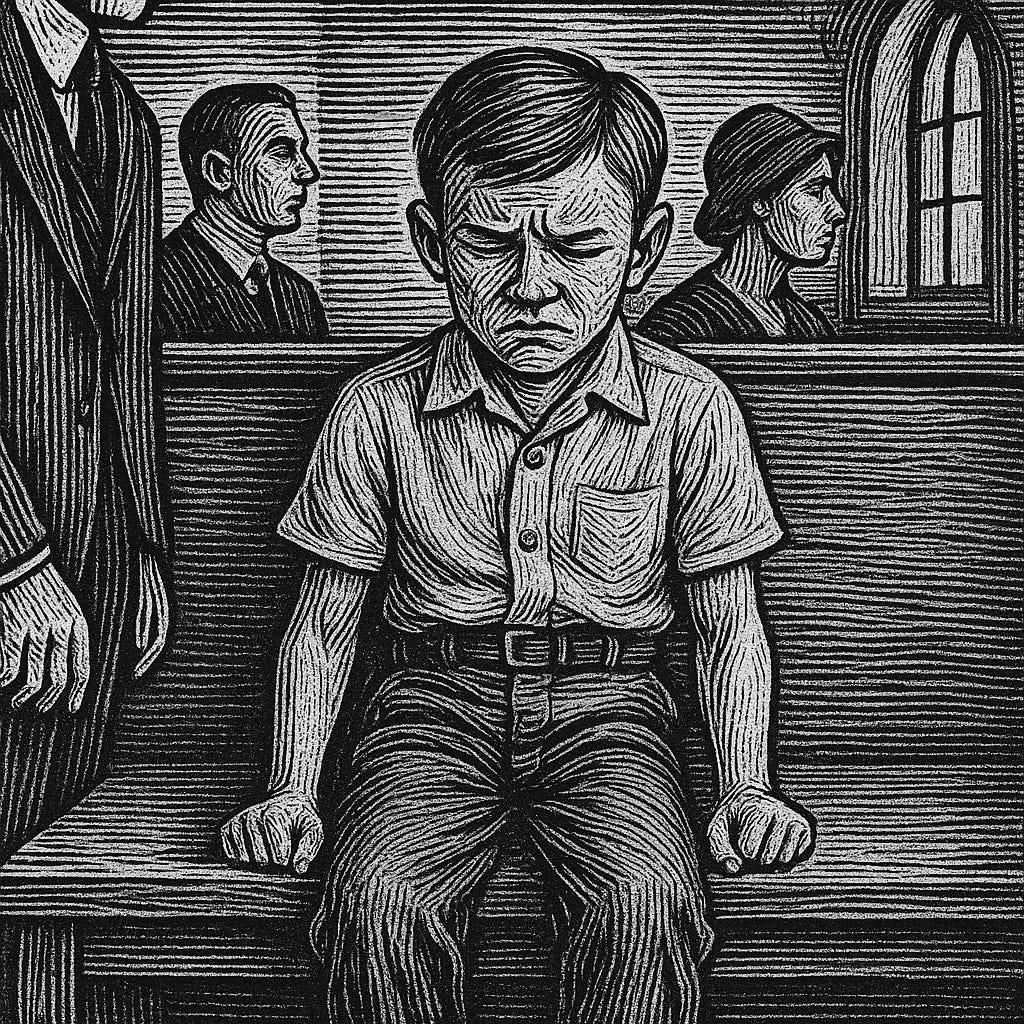
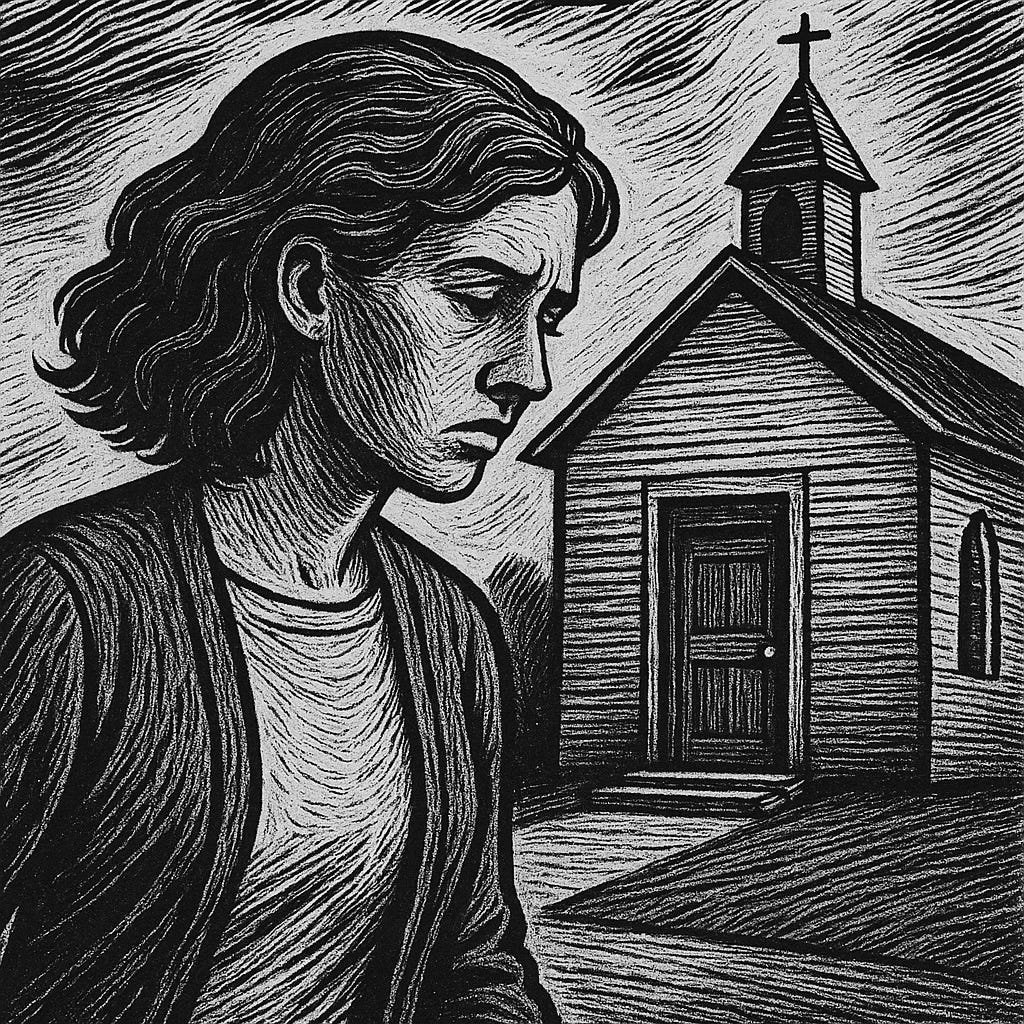
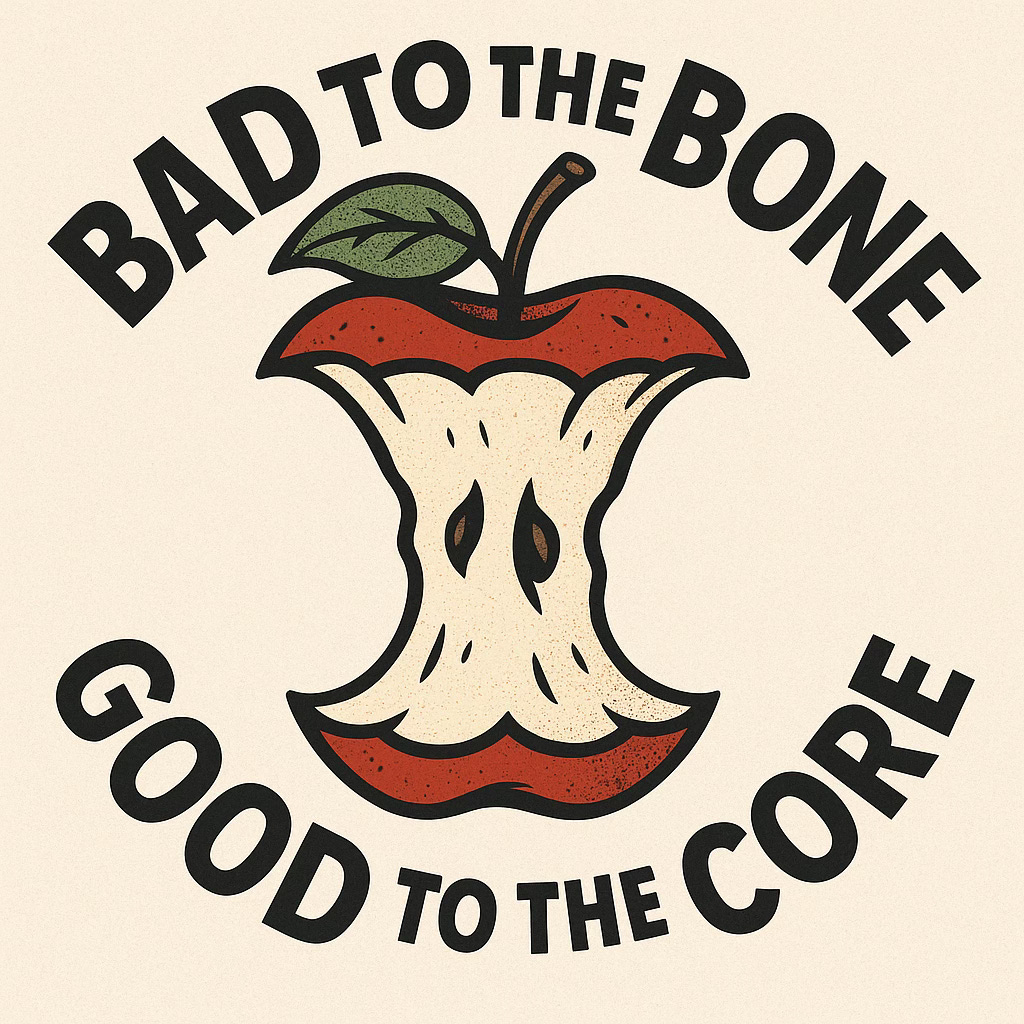

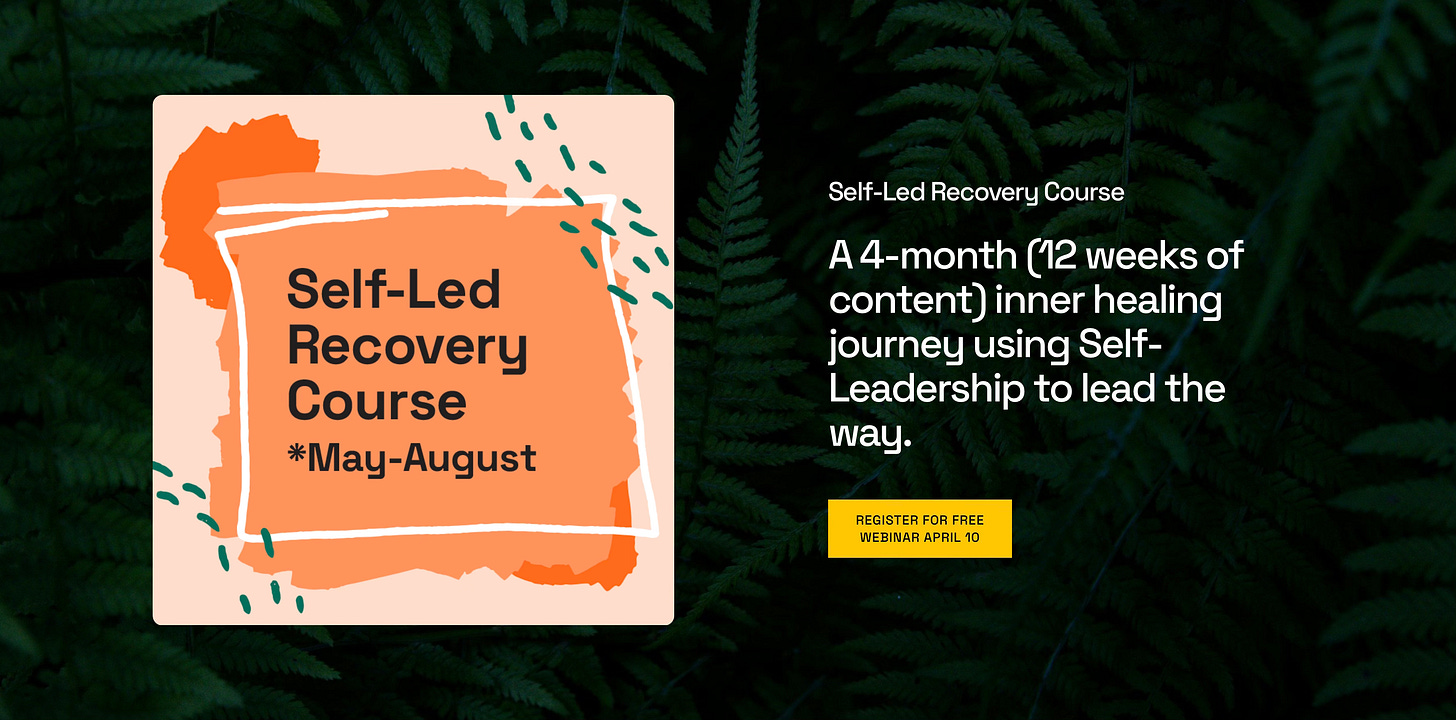
Glad to find you here! IFS instantly fit with what I've known about parts since I was a child. Glad to be here in this community, writing with a touch of IFS-influence at "Partly There."